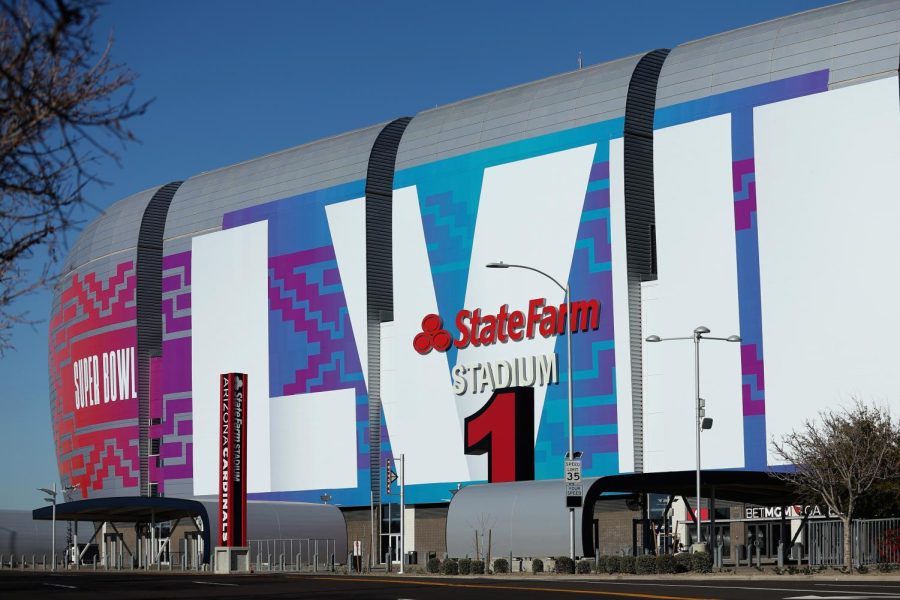The Super Bowl’s “Unconstitutional Zones”
February 17, 2023
Over the years, the NFL has been known to be very particular about marketing when it comes to the big game, or the Super Bowl, yet many advertisers must use the former due to the NFL’s strict trademark on even the title of such a huge event.
Most of these restrictions are understandable, as the NFL wants to manage how the event is viewed, but most NFL fans are unaware of a certain marketing tactic, known as “clean zones”, used at the Super Bowl venue that the courts have now deemed unconstitutional.
Clean Zones are places near the Super Bowl and other populated fan areas that prevent advertisers who are not official partners with the NFL from advertising their business and selling their products. These zones are the NFL’s way of imposing a strict control over their brand, and can even go as far as ensuring the NFL Network is played in hotel rooms, or forcing food trucks to paint over tires to cover a brand that is not associated with the NFL.
While this practice has been going on behind the scenes for several years, the NFL finally pushed their boundaries a little too far during this year’s Super Bowl preparations in Arizona. A man in Phoenix filed a lawsuit against the city, after he was unable to advertise his business on the side of a building that he owned due to the league’s restrictions. The lawsuit went to the city courts where it was deemed a violation of the First Amendment’s protection of free speech.
This calls into question how many of the NFL’s policies and restrictions on marketing have gone beyond constitutional law, and whether or not their “Big Brother” reign on the event is even ethical. The NFL claims that their restrictions are to promote public safety by regulating fans to certain areas, but their justification for the disregard for local advertisers remains amiss.
The case also brings to light the fact that the best way to hold the NFL responsible for the actions is the customers themselves, as the host city tends to be reluctant to reprimand the people responsible for attracting countless fans and advertisers who make their tourism economy boom. The NFL is a large corporation that needs to maintain its public image and regulate its finances, but when these regulations infringe on the rights of citizens, it is important to stand up against them.



